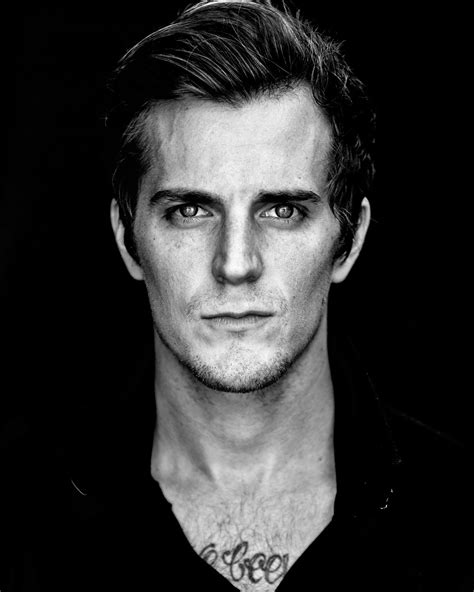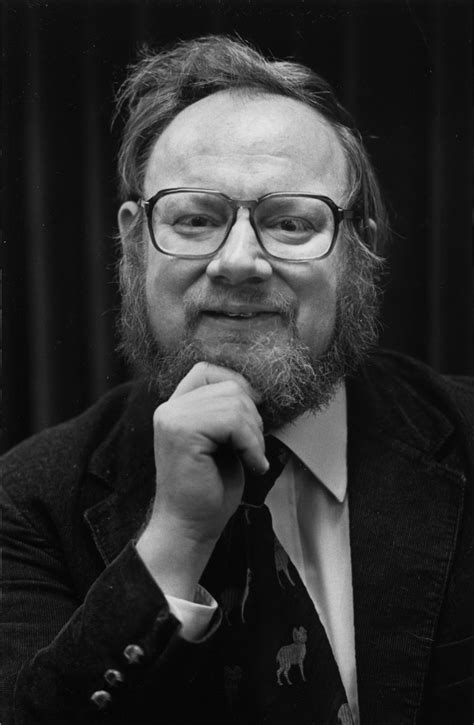A Quote by Esa-Pekka Salonen
We're not talking about an elite art form from the price point of view. We have a building in L.A. that is incredibly open, exciting, inviting, and all that, and there's no reason for this music not to be part of everybody's everyday life.
Related Quotes
Modernism was a big thing for me, coming from a father who was very interested in art, music and culture - and almost always Italian art, music and culture. One good thing about Italians is that culture is part of everyday life. But Modernism is a movement of the past. The idea of a Modernist building as a sculpture set on a pedestal of grass is a part of Modernism that I'm not so crazy about.
In the point of view of my personal feelings, I love the music as well as the cinema, but the future of a trumpet player - in the money point of view, but also any point of view - is very short on expectations. The life of a moviemaker can be glorious and wonderful. It can put your life in the best of possibilities. I decided to forget music. Not forget, because this is impossible, but to work in cinema, and just to be someone who loves music, and who tries to make music with his films.
Everybody you work with sees what you're doing from a different point of view, a very specific point of view. So, if someone is lighting, they're seeing it from that point of view. A production designer is seeing it from the placement of furniture that tells you about the character. Everything that goes into the room should tell you about the person who lives in that room.
Music, and art for that matter, to me is not about true meaning to anyone else but yourself. If I told you the meaning of it all from my point of view it would erase the intimacy of art. I feel like art is up for interpretation, so if I told you my meaning, how could you truly relate it to anything that “you” personally are going through?? That is the beauty of art and music in particular
Acting is one element in a film. Directing is sort of the painter using all of those elements - sound and music and camera and putting it all together. And that can be fun and exciting. If you fail, it's incredibly upsetting - much more upsetting than when you're an actor. But when you succeed it's incredibly, incredibly exciting, so I like the risk of it all.
All things that are living are expression and therefore part of the inherent symbology of life. Art, therefore, that is encumbered with excessive symbolism is extraneous, and from my point of view, useless art. Anyone who understands life needs no handbook of poetry or philosophy to tell him what it is.
Though I consider The Chronology of Water to be an anti-memoir for very precise reasons, it is an art form, and thus as open to "critique" as any other art form. Memoir has a form, formal strategies, issues of composition and craft, style, structure, all the elements of fiction or nonfiction or painting or music or what have you.
People who write about issues like poverty or terrorism are a part of the elite, and the distance between the elite and nonelite is growing very fast. You can move around the world but meet only people who speak your language, who share the same ideas, the same beliefs, and in doing so you can lose sight of the fact that the vast majority of the world does not think or believe in or speak the everyday discourse of the elite.




































